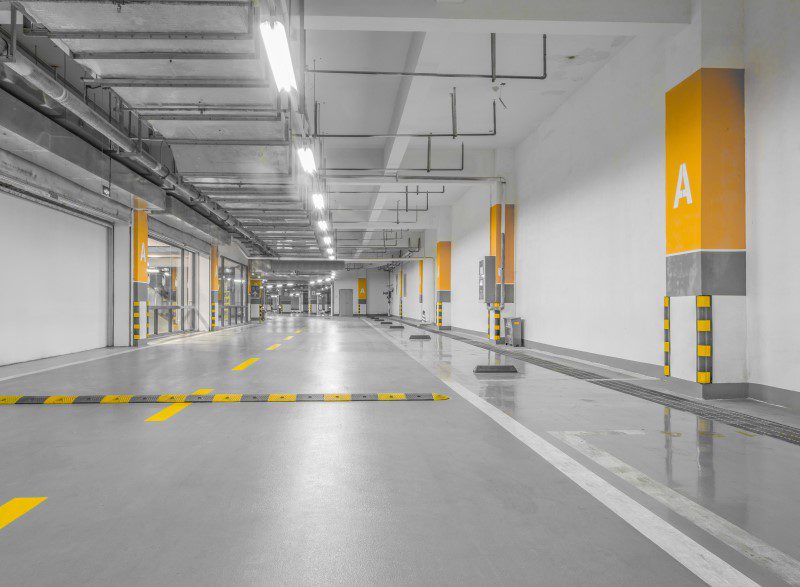Industrial flooring is a critical component of any facility. It needs to withstand heavy loads, impacts, and other types of wear and tear that come with the territory. T-Joint interlock is a type of interlocking system used in industrial flooring that offers exceptional strength and stability. In this article, we will explore how facility managers can maximize the performance of their industrial flooring using T-Joint interlock.
Choose the Right Type of T-Joint Interlock
T-Joint interlock comes in different shapes and sizes, and it’s essential to choose the right type for your facility’s specific needs. For example, some T-Joint interlock systems are designed to withstand high-impact loads, while others are better suited for environments with high foot traffic.
When selecting a T-Joint interlock system, facility managers should consider the types of equipment and machinery used in their facility, the type of traffic, and the environmental conditions. By choosing the right type of T-Joint interlock, facility managers can ensure that their industrial flooring can withstand the stresses of their facility and perform at optimal levels.
1: Proper Installation is Critical
Proper installation of T-Joint interlock is crucial to ensure maximum performance. Facility managers should work with experienced professionals who have experience installing T-Joint interlock systems to ensure that the installation is done correctly.
Improper installation can lead to joint separation, which can compromise the strength and stability of the flooring. Additionally, if the joints are not installed correctly, dirt and debris can become trapped, making it challenging to maintain a clean and hygienic facility.
2: Proper Maintenance is Key
Proper maintenance is essential to ensure that T-Joint interlock flooring performs at optimal levels. Facility managers should have a regular maintenance schedule that includes regular cleaning and inspections.
T-Joint interlock flooring is easy to clean and maintain, but it’s still essential to take the necessary steps to ensure that the flooring remains in top condition. Facility managers should sweep or vacuum the flooring regularly to remove any dirt or debris that may accumulate on the surface. Additionally, they should mop the flooring regularly using a cleaning solution designed specifically for T-Joint interlock flooring.
Inspections are also critical to ensuring that the flooring remains in top condition. Facility managers should inspect the flooring regularly to check for any signs of wear or damage. If they notice any issues, they should address them immediately to prevent further damage and extend the life of the flooring.
3: Consider the Environment
T-Joint interlock flooring is highly durable and can withstand a wide range of environmental conditions. However, facility managers should still consider the environment when selecting a T-Joint interlock system and designing their maintenance plan.
For example, if the facility is located in an area with high humidity, facility managers may need to take additional steps to prevent moisture from accumulating on the flooring. Similarly, if the facility is located in an area with extreme temperature fluctuations, facility managers may need to take additional steps to protect the flooring from thermal shock.
4: Regular Inspections and Repairs
Regular inspections and repairs are essential to ensure that T-Joint interlock flooring performs at optimal levels. Facility managers should inspect the flooring regularly to check for any signs of wear or damage. If they notice any issues, they should address them immediately to prevent further damage and extend the life of the flooring.
Facility managers should also work with experienced professionals who have experience repairing T-Joint interlock flooring. Repairs should be done as soon as possible to prevent further damage and ensure that the flooring remains safe and stable.
Conclusion
In conclusion, T-Joint interlock flooring is an excellent choice for industrial flooring applications that require strength, durability, and stability. By choosing the right type of T-Joint interlock, properly installing and maintaining the flooring, considering the environment, and conducting regular inspections and repairs, facility. T-Joint interlocking flooring is not only cost effective but also applicable on heavy duty flooring that needs protection and maintenance on regular basis. Supra Tiles and their application of T-Joint interlocking flooring on the industrial level ensure safety and maintenance for the industrial managers and business with effective operation and reduce labor work.



